Claremonter counts miles to fight cancer
On Wednesday, June 28, Madison Weigand’s day began as many did this summer, rising early so she could ride her bicycle.
When the day ended long after dark, she had spent 12 hours on the bike, suffered through wind and freezing rain, climbed an 8,432-foot pass, and ridden over 100 miles. But this big effort was just one of 70 consecutive days, of which a mere seven were rest days.
Why take on this huge undertaking? Ms. Weigand, 21, rode her bike to raise money to help fight cancer.
“It was exceedingly challenging, but an incredibly rewarding experience,” the Claremont native said of the ride from Idaho Falls, Idaho to Jackson, Wyoming. As the day wound down, she watched the sun set behind the Grand Teton Mountains, ending a day of hard work and great natural beauty. “It was a good exemplifier of what this summer is supposed to be,” she said.
In all, Ms. Weigand covered 4,631 miles from Austin, Texas to Anchorage, Alaska, as part of the 2017 Texas 4000 for Cancer charity bicycle ride. With jerseys that read “fighting cancer every mile,” Ms. Weigand and 24 other University of Texas, Austin students formed a cancer awareness posse that stretched across two countries, including nine US states, two Canadian provinces and one Canadian territory.
Chris and Mandy Condit founded Texas 4000 for Cancer in 2004. Since then, the ride has grown every year and now includes three routes and 70 participants. Ms. Weigand’s group followed the Rocky Mountain route, while two other groups of UT students took either the Sierra or Ozark route. As of press time the organization had raised $722,000 of its $750,000 goal for 2017.
In order to participate, Ms. Weigand was required to submit a formal application and meet several performance goals, including raising $4,500 and riding 100 miles in under 10 hours. So far, Ms. Weigand has raised almost $11,000, through a letter writing campaign, direct requests to friends and family and panhandling on a street corner in Austin.
“We raised $700 in three hours,” she said about one particularly successful roadside effort. “The people of Austin are pretty used to seeing us.”
Each participant writes a short bio, including a “why I ride” entry that details why fighting cancer is personally important. For Ms. Weigand, that inspiration came from a tragic span in her young life, 2013 to 2014, when three grandparents died—Michael Weigand Sr. had lung cancer, Evelyn Schwartz had leukemia and Edward Schwartz had dementia. The losses left her searching for a way to channel the grief into something positive, and a friend suggested she apply for the Texas 4000.
She was accepted in the summer of 2016, however, she had never ridden a bike any great distance. As the volunteer ride coordinator, Ms. Weigand scheduled the group’s training rides. They stared out slow, 12 miles, but increased the distance 10 miles every week until they reached 100 miles.
Ms. Weigand also volunteered to be the travel chair for her group, which she admits did create some anxiety. She had to coordinate each of the stops, including where to camp and how to find necessities such as food, laundry and WiFi. The group had a pair of vans that carried supplies and each team member had to take a turn driving. Ms. Weigand had to come up with the turn-by-turn directions and make sure everyone had a copy.
“It was daunting,” she said. “You have a sense of responsibility for the 24 teammates but everything came together. It worked out fine.”
Challenges along the way included a stretch in Oklahoma where strong crosswinds threatened to blow the cyclists into traffic. A highway patrol officer stopped the group and recommended that they retreat to the vans.
Ms. Weigand also miscalculated the distance to a campground in Moab, Utah, which meant that they had to drive rather than cycle the extra miles.
About halfway through the ride, teammate Katie Goodfellow got the word that her mother Caroline had been diagnosed with cancer. The next morning, as the group formed its daily circle to say whom they were riding for that day, everyone agreed they would ride for Caroline.
“It profoundly impacted our team. After that we were not just spinning our legs meaninglessly, we now had someone for whom we could ride and for whom we could give some hope,” Ms. Weigand said.
The organization strives to share hope, knowledge and charity in the fight against cancer, but Ms. Weigand said, “Hope resonates with most of us because that is what we are most able to accomplish.”
As the group wandered through the Rockies, other cyclists, or people they met at rest stops asked about the group and the nature of the ride. Above and beyond the money they raised, that outreach was the reason for the ride, she shared.
The three separate groups met up in Whitehorse, Yukon Territory on August 1, day 60 of the ride, and continued the trek to Anchorage as one big group.
Ms. Weigand’s group visited five granting locations this summer: UT Southwestern in Dallas, Brent’s Place and First Descents in Denver, Huntsman Cancer Institute in Salt Lake City and Young Adult Cancer Canada in Calgary. At each location the group presented a check from Texas 4000, part of the over $7 million the organization has raised in its 14 years.
For Ms. Weigand, who graduated in May from UT with a degree in political communication, the future is wide open. She will be returning to Austin on August 25 for an 800-person tribute gala, which also raises funds for the group.
She will be looking for work in the coming months, which she hopes to find in either Austin or in Washington DC. And because of this experience, she wants to find a position that allows her to conduct personal outreach at least part of the time.
Donations are being accepted for the team through the end of September and can be made to individual riders or to the team as a whole. To donate or for more information, please visit texas4000.org.
—Steven Felschundneff
steven@claremont-courier.com


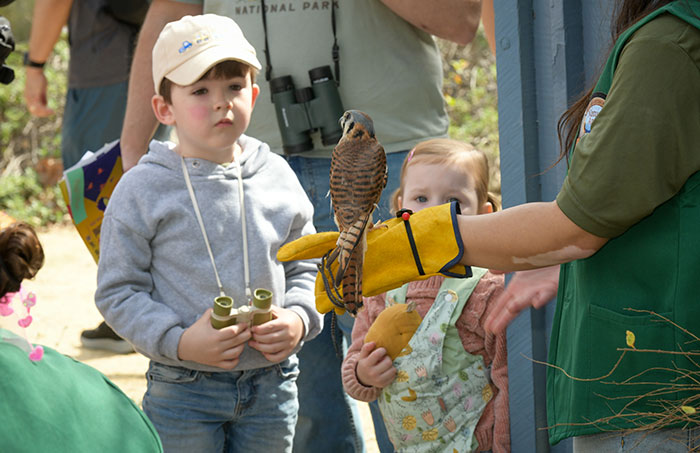
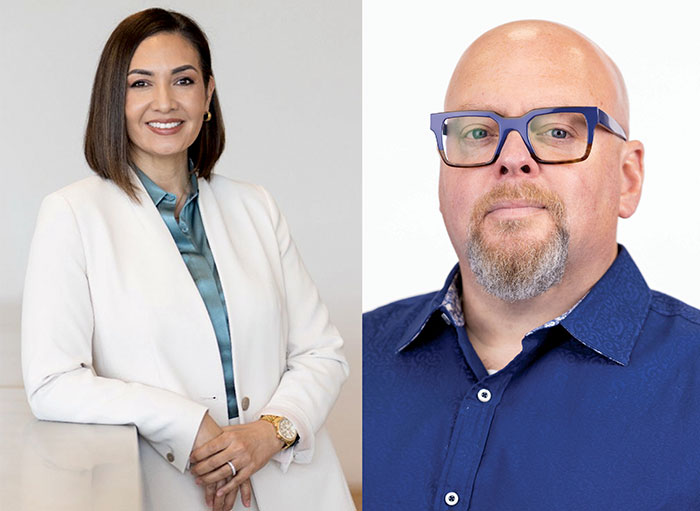
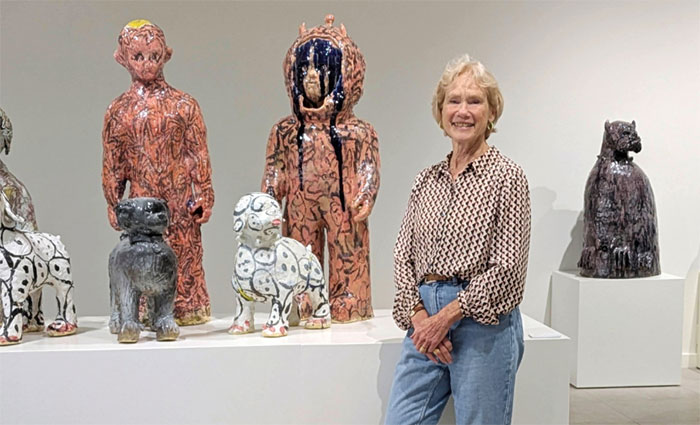

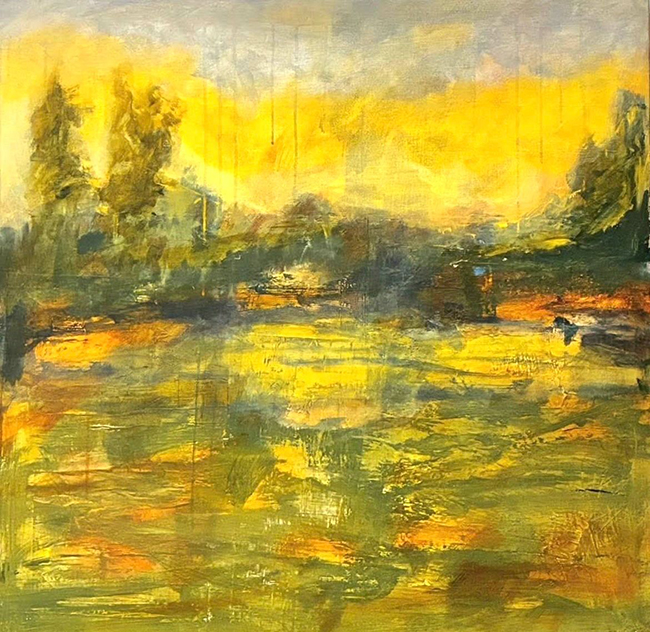
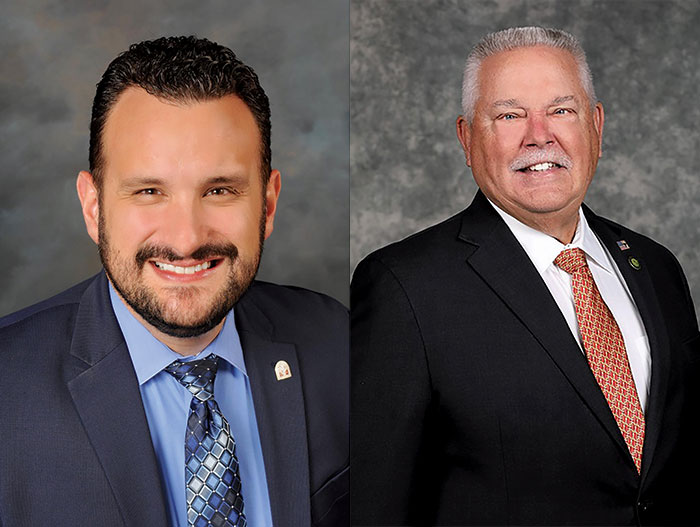

0 Comments